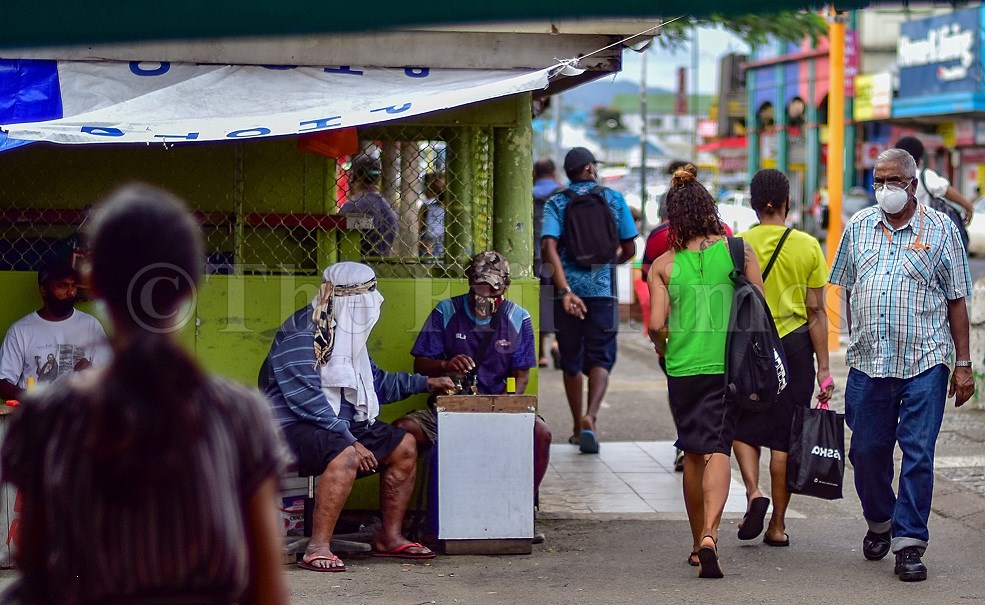The use of social demographics such as gender, location, education and others, including ethnicity and religion, is common and an important tool for evidence-based policymaking, says the World Bank.
Responding to questions from this newspaper, the World Bank said this also assisted donors and development partners to help ensure their support to countries was as effective as possible.
“The level and types of disaggregation of data — and how that data is used — remains a country-specific issue,” the World Bank said.
“The World Bank supports countries throughout the Pacific through the Statistical Innovation and Capacity Building in the Pacific Islands project.
“Through this project, we provide support to Statistics Offices in the region with their collection, management and analysis of data and statistics that are critical for Pacific countries’ decision making.”
The World Bank clarified that Fiji was not part of their World Bank regional statistics project.
“As part of our ongoing relationship, the World Bank was informally requested to provide assistance with processing and analysing the raw data; data that had already been collected through the HIES.”
At a news conference on Tuesday, Attorney-General Aiyaz Sayed-Khaiyum lashed out at Fiji Bureau of Statistics CEO Kemueli Naiqama, for releasing ethnic and religious data in relation to the 2019-2020 Household Income and Expenditure Survey.
He said the decision to collect and release such data was one of the reasons Fiji was not progressing as a nation.
“Unfortunately, given our history in this country where every issue, everything has been brought down to the banal basis of ethnicity and religion — it has pushed us backward,” he said.
“The Government is philosophically opposed to this, in fact, the World Bank that helped the Bureau of Statistics in crunching some of the numbers – not formally but informally they were involved, we were told, we spoke to them today (Tuesday), they themselves had highlighted the sensitivities around ethnic and religious categorisation — they themselves were concerned about that.”
Mr Naiqama was escorted out of his office the next day and the Ministry of Economy later announced his contract had been terminated.
According to the HIES, 258,053 or 29.9 per cent of Fiji’s 864,132 Fijian population were living in poverty — and close to 200,000 of those in this category were from the iTaukei community.



